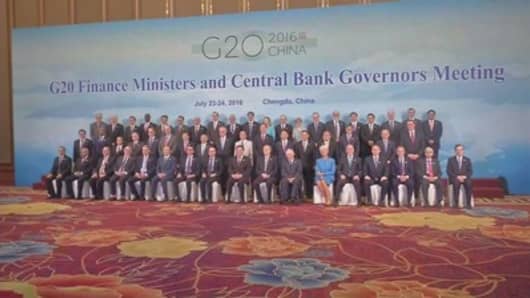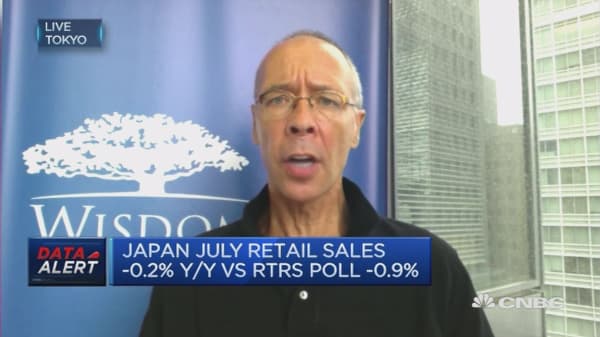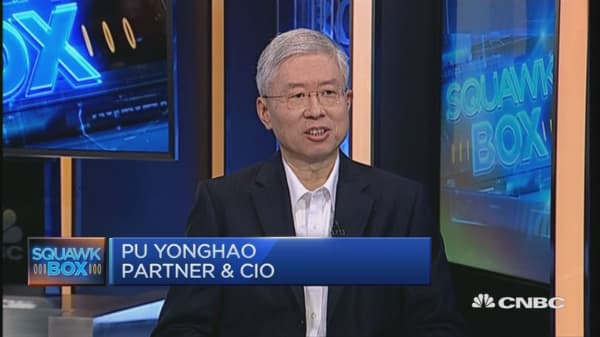Currency strategists are a cynical but realistic bunch and judging from their comments popping up in my email inbox, the chances of anything market moving coming out of the G-20 leaders' summit here in Hangzhou are low.
"Ultimately, I think it will be a yawn," Nizam Idris, a strategist at Macquarie Bank tells me. Expect an official communique "full of motherhood statements rather than anything specific or actionable."
But boring is good. This is not 2008 and there is no pressing need for the G-20 to hose down any major economic conflagrations.
In Europe, the Brexit aftershock appears to be subsiding, although markets risk falling into a false sense of security since Article 50, which kicks off the entire divorce process, is yet to be triggered.
"Although immediate panic around Brexit is out of the way, I would expect (the) timing of the U.K. evoking Article 50 and trade negotiations will be discussed," Jesper Bargmann, head of trading for Nordea Bank in Singapore, says.
In Asia, China's yuan — which has been on a depreciating path — has stabilized, offering the G-20 some breathing space. "Volatile capital outflows from China are a thing of the past and recent CNY (yuan) weakness post-Brexit has been orderly and largely ignored by market," says Koon How Heng, a strategist at Credit Suisse in Singapore.
Standard Chartered adds: "China's efforts to better communicate its FX (foreign exchange) policy and refrain from a 'maxi-devaluation' have played a key role in reducing the risk premium in global asset markets. The G-20 statement may explicitly welcome this development."
And despite Friday's downbeat U.S. jobs report, dollar-yen looks resilient, holding above the century mark and, for now, out of the intervention zone.
"Japan is 'saved' by the JPY (yen) weakening since Jackson Hole,' Roy Teo, senior FX strategist at ABN Amro, says, "though it is clear more stimulus is needed given declining corporate profits, capex and inflation."
Thus far, all is (relatively) quiet on the Western Front, while China and Japan don't look like they're about to be singled out for the "naughty step" treatment.
That ought to give policymakers the luxury to reflect and ideally take action on the medium- to longer-term challenges of structural economic reform and shifting the burden of responsibility from near-exhausted monetary policy to a reinvigorated fiscal push.
"The thing I believe folks want to see is a discussion of fiscal policy," says CIBC's Patrick Bennett, discussing his G20 wish-list. "It has been raised on occasion but never gets dealt with. This might be a stretch given it is the leaders summit, though if not them, then who?"
Financial markets are looking for substance beyond the usual G-20 platitudes — a "concrete pledge to boost infrastructure spending via greater fiscal stimulus," says CBA's Elias Haddad, or "fiscal activism" as Macquarie's Idris puts it.
If world leaders do deliver on that score — and it remains a big "if" — that may go a long way in shaking off communiqué fatigue and currency markets may actually sit up and listen to what the G-20 has to say.
For more insight from CNBC contributors, follow @CNBCopinion on Twitter.






